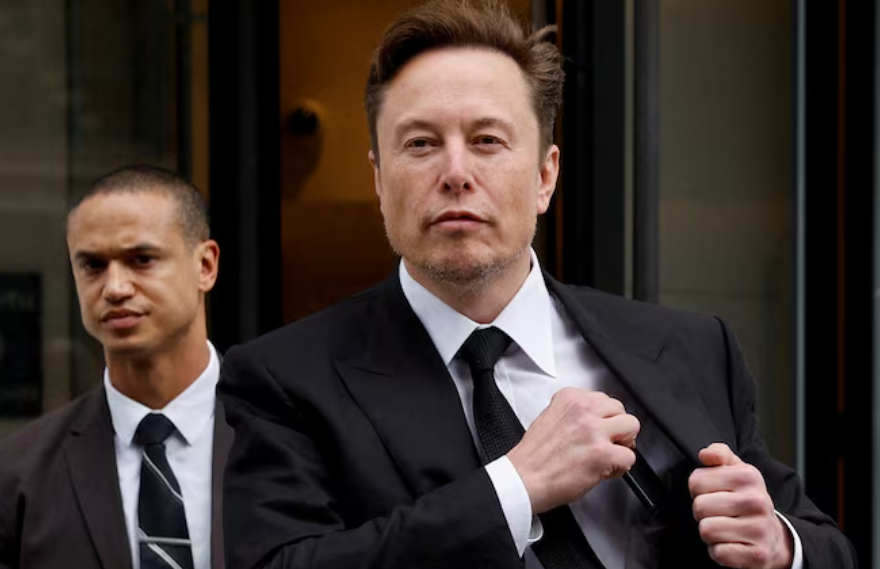Tensions between Brazil and Elon Musk’s business empire intensified as the country’s telecom regulator threatened to sanction his satellite broadband company, Starlink. This came just hours after Brazil’s top court upheld a controversial decision to ban the social network X from the country.
Brazil’s President Luiz Inacio Lula da Silva expressed support for the top court’s Judge Alexandre de Moraes, who had ordered the suspension of X. The judge ruled that X allowed the posting of hate messages and falsehoods about Brazil’s electronic voting system, which he argued undermined the country’s democracy.
In an interview with CNN Brasil released on Monday, Lula remarked, “The Brazilian judiciary has sent an important signal that the world is not obliged to tolerate Musk’s far-right ideology simply because he is wealthy.”
Following the judge’s decision to freeze Starlink’s accounts, potentially to pay fines owed by X, Musk responded on X, stating that he would seek reciprocal seizure of Brazilian assets, though he did not specify how.
On Monday, Starlink faced further scrutiny from Brazilian authorities for refusing to comply with Moraes’ order that all internet providers block domestic access to X. A senior official at telecommunications regulator Anatel warned that sanctions against Starlink for noncompliance could include revoking its license to operate in Brazil. Anatel commissioner Artur Coimbra confirmed that the regulator is inspecting all Brazilian telecom operators to ensure they have shut down Musk’s messaging platform.
“Starlink is the only company that has informed Anatel it will not comply with the judge’s ruling,” Coimbra stated. Starlink had previously informed Anatel that it would not remove X from its service until the freeze on its Brazilian bank accounts was lifted.
Earlier on Monday, a Supreme Court panel unanimously voted to uphold the suspension of X in Brazil for defying a court order. Moraes had ruled that X should be suspended because it failed to appoint a local legal representative, as required by law, and ignored a compliance deadline. Justices Flavio Dino, Cristiano Zanin, Carmen Lucia, and Luiz Fux sided with Moraes, with three justices suggesting the suspension could be reversed if the platform complied with previous rulings.
X did not immediately respond to requests for comment on the panel’s decision. Although X was taken down for most Brazilians in the early hours of Saturday following Moraes’ decision, some users continued to access it through VPNs and other means. Moraes also threatened a daily fine of 50,000 reais ($8,902.66) for those using VPNs to access the social network, though the enforceability of this threat remains unclear.
Brazil ranks as X’s sixth-biggest market globally, with approximately 21.5 million users as of April, according to Statista. The feud between Moraes and Musk has been ongoing for months, stemming from X’s challenge to orders that demanded the blocking of accounts accused of spreading misinformation and hate.
While Moraes’ supporters view him as a staunch defender of democracy, critics accuse him of employing heavy-handed tactics against politicians and businessmen. Musk has countered that Moraes sought to censor users and, in August, closed X’s office in Brazil without appointing a new representative, leading to the suspension.
On Monday, Musk responded with “Exactly” to a post describing the suspension as an attack on freedom of expression and Brazilians’ rights. Chief Justice Luis Roberto Barroso, who was not part of the review panel, commented that removing legal representatives to avoid court compliance “is a behavior that would not be acceptable anywhere in the world.”
X remained inaccessible for most users in Brazil.

